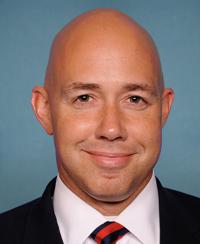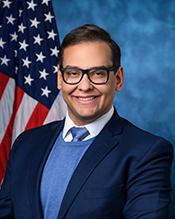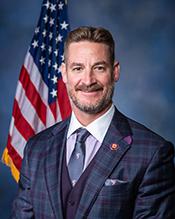0
Hamas International Financing Prevention Act
12/15/2023, 3:53 PM
Summary of Bill HR 340
The bill aims to achieve this goal by imposing sanctions on individuals and entities that provide financial support to Hamas. These sanctions include freezing assets, prohibiting transactions, and denying entry into the United States. The bill also requires the President to report to Congress on the implementation of these sanctions and the effectiveness of efforts to prevent Hamas financing.
Supporters of the bill argue that cutting off funding to Hamas is crucial in combating terrorism and promoting peace in the Middle East. They believe that by targeting the financial networks that support Hamas, the United States can weaken the group's ability to carry out violent attacks. Opponents of the bill may argue that it could have unintended consequences, such as harming innocent civilians who rely on humanitarian aid in Gaza, where Hamas is the de facto governing authority. They may also question the effectiveness of sanctions in deterring terrorist financing. Overall, the Hamas International Financing Prevention Act is a controversial piece of legislation that seeks to address the complex issue of terrorist financing. Its impact on the region and on efforts to promote peace in the Middle East remains to be seen.
Congressional Summary of HR 340
Hamas International Financing Prevention Act
This bill imposes sanctions targeting Hamas, the Palestinian Islamic Jihad, and any affiliate or successor groups.
The President must periodically report to Congress a list of each foreign person (individual or entity) that knowingly provides significant support or services to or is involved in a significant transaction with a senior member or supporter of the targeted groups.
The President must impose two or more sanctions on the named persons. Specifically, the person may be (1) denied credit and services from the Export-Import Bank, (2) barred from purchasing certain controlled defense articles, (3) denied exports of items on the U.S. Munitions List, (4) prevented from receiving exports of certain goods or technology controlled for national security reasons, (5) prohibited from receiving financing of more than $10 million from any U.S. financial institution, or (6) subject to property-blocking restrictions.
The President must periodically report to Congress a list of foreign governments that have repeatedly provided material support for the targeted groups' terrorist activities. The President shall bar these governments from receiving for one year (1) U.S. assistance, or (2) exports of controlled munitions. The Department of the Treasury must instruct U.S. leadership of international financial institutions to oppose providing assistance to an identified government for one year.
The bill provides for certain exceptions and waivers, such as for transactions that would serve U.S. national interests.
The President must report to Congress and periodically provide briefings on other specified topics related to the targeted groups, such as where these groups secure financing and surveillance equipment.





